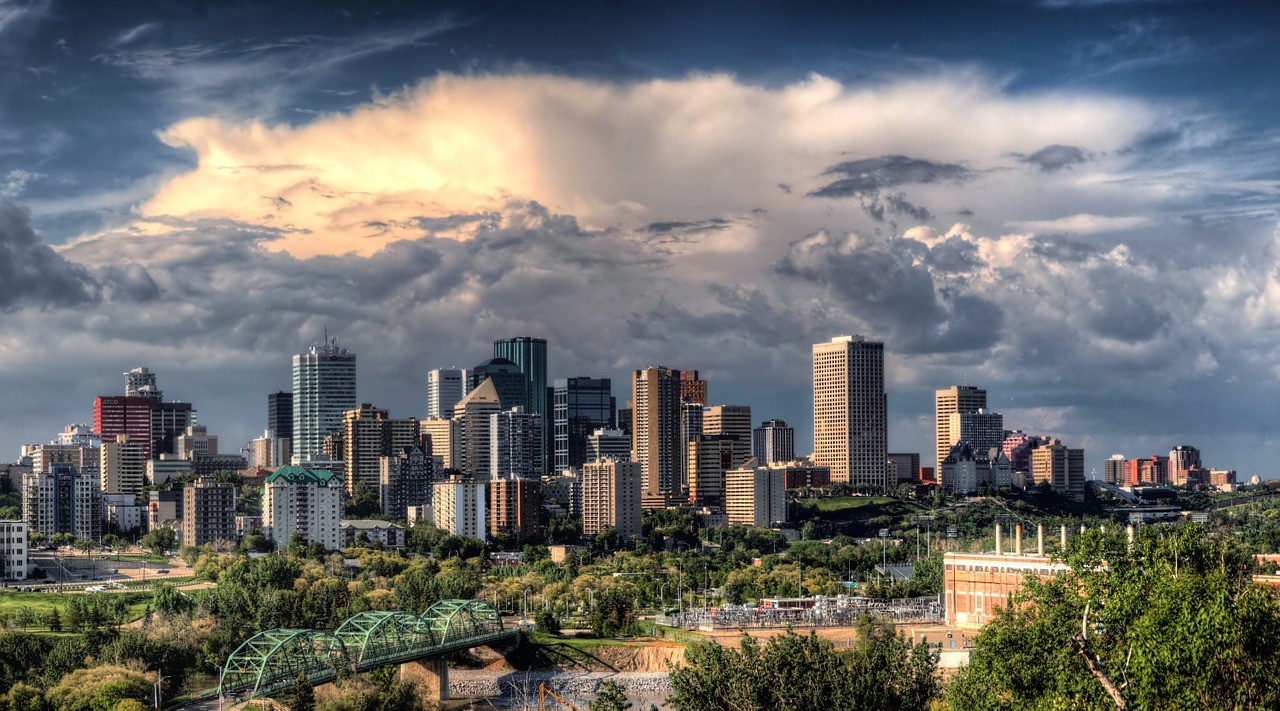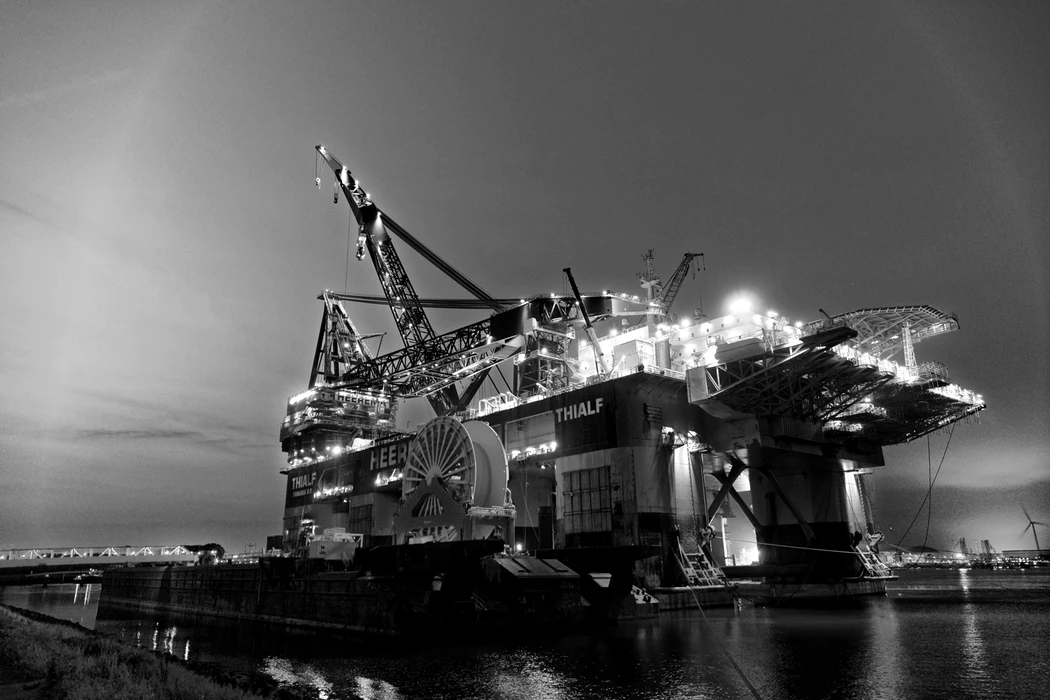Edmonton Oil Industry
General overlook
The discovery of crude in 1947 at near Leduc and later at many different locations close to Edmonton greatly excited the city's urban and industrial growth and created it the organic compound center for western Canada. This growth has been sustained through development of tar sand deposits in northern Alberta. The dominant consider Edmonton's economy (as therein of Alberta as a whole) has long been the assembly of oil. Its industrial base includes oil processing (including synthetic fuels) and also the production of the many alternative petrochemicals, plastics, and fertilizers. The host of industries and services associated with oil and gas production embrace engineering, instrumentality producing, transportation, finance, insurance, and accounting.
Alberta's oil industry plays a crucial role in Canada's economic development. Edmonton, being a provincial logistical and service hub for the sector, strongly affects its success. As the closest major center to Alberta's oil sands, Edmonton is a strategic base for many industries that support the oil and gas industries.
Edmonton energy industry benefits from facts that: around 24700 industry workers are based in the region, 3d largest crude oil reserves in the world are found here, 97% of Canada's total oil reserves are located here.
It is not a secret that the most adept and experienced oil and energy industry workers in the world are based in Edmonton. They are respected in every state of America and the whole world in general.
The oil and gas industry changes and develops each year. The University of Canadian province Alberta, settled in provincial capital Edmonton, could be the main supply for world-leading technical innovation in areas like emission reduction, water treatment, land reclamation, and new extraction techniques. Several advancements that currently trade customary the globe over originated from right here in the Edmonton region.
Relevant Edmonton Oil Industry Statistics
- Alberta’s oil sands constitute 8% of Canada’s overall greenhouse gas emissions.
- The oil and gas sector in Alberta is responsible for 17% of the province’s GDP each year.
- Crude petroleum accounted for $43.3 billion worth of Alberta’s total merchandise exports in 2016.
- Alberta produced 81% of the crude oil in Canada.
- Total exports from the oil and gas services sector in 2014 totaled $3 billion.
- Alberta only has 4 active refineries to support the efforts of the oil industry around Edmonton. These refineries have the capability of processing up to 474,000 barrels of oil per day.
The government of Alberta committed to $1.3 billion in commercial-scale carbon capture technologies to boost emissions storage. It's one of the most significant commitments within the world up to now. It reflects an in progress commitment to the general refining industry found in the provincial capital and throughout the province.
Some renewable energy targets are set by Alberta's government to extend the quantity of renewable energy that's on the market. By 2030, the goal is to possess half-hour of the electricity accustomed to come back from a renewable supply, which will remove the mechanical energy potential from the refining industry.
The goal is to just about double hydrocarbon production from Alberta by the year 2023, to reach 4.1 million barrels per day. Several infrastructure problems should be addressed for this goal to be achieved. Air, water, and land management problems are substantial barriers.

